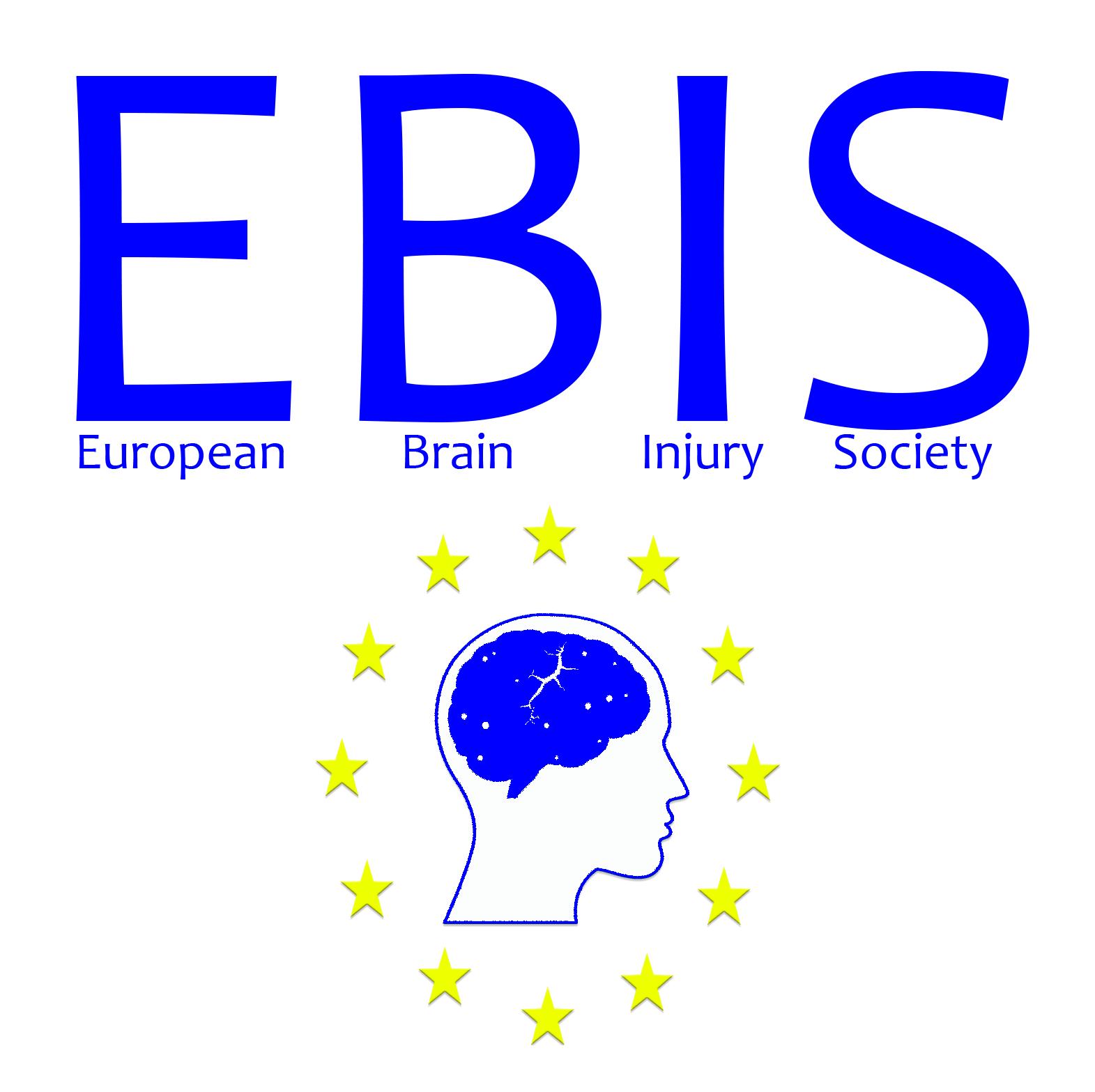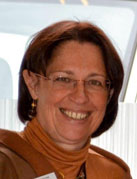EBIS
EBIS is a European association dedicated to activities for traumatic brain injured persons and victims of acquired cerebral lesions: stroke, anoxia, encephalitis, brain tumour. EBIS brings together the many professionals involved in the field and the associations of people with a head injury and their families.
E.B.I.S. has 189 individual and institutional members coming from all the countries of the European Union, plus Switzerland.
The President is Mrs. Christine CROISIAUX (B).

History of E.B.I.S.
1986: COFACE (Confederation of Family Organisations in the European Union) and LADAPT (Ligue pour l’Adaptation du Diminué Physique au Travail) organised the first European meeting on the topic of social rehabilitation of severely head injured people. The European Commission supported this enterprise. The meeting resulted in the setting-up of a European working group for the study of severe head injury and social rehabilitation, co-ordinated by Professor Jean-Luc TRUELLE (France).
1987 et 1988: Two more European meetings were held on family problems and on the assessment of head injured patients.
In 1989 The European Brain Injury Society (E.B.I.S.) was created based on the informal group that was born in 1986.
From the start, E.B.I.S. was a member of the Dialogue Group on “Handicapped persons” of the European Commission (DG V – Social Affairs and Employment), and is now a member of the European Disability Forum.
E.B.I.S. was awarded a research contract with the European Commission DG XII – Research) concerning the co-ordination on a European level of various aspects of head injury (epidemiology, evaluation and service delivery).
E.B.I.S. presently has 189 individual and institutional members coming from all the countries of the European Union, plus Switzerland.
The President is Mrs. Christine CROISIAUX (B).
E.B.I.S. is a European association dedicated to activities for traumatic brain injured persons and victims of acquired cerebral lesions: stroke, anoxia, encephalitis, brain tumour…
E.B.I.S. brings together the many professionals involved in the field, and the associations of people with head injury and their families. E.B.I.S. works on many fronts including :
EVALUATION
How should one assess the person with a brain injury ? How should one tackle and understand the disabilities in the head injured person that result in handicap ?
In 1994 E.B.I.S. developed a head injury evaluation document which guides appropriate assessment of both the mildly and severely head injured persons and which is published in many languages of the E.U.
EPIDEMIOLOGIE
The precise magnitude of the head injury problem in Europe, and the numbers and proportions of patients with different grades of severity are unknown. E.B.I.S. has a part in the research in this field.
TRAINING AND EDUCATION
With the support of the European Commission, E.B.I.S. organises several seminars each year, one of which is a Summer School. These have dealt with many topics including family issues, legal matters, handicap and quality of life, rehabilitation, etc.
SPECIFIC PROGRAMMES
Programmes for rehabilitation and particularly for social reintegration of brain injured people are indispensable, yet there are still few such programmes in Europe. E.B.I.S. members organise and participate as experts in several projects in Great Britain, France, Germany, Belgium, the Netherlands and Italy.
PROMOTION OF PATIENT AND FAMILY GROUPS
E.B.I.S. supports family organisations working in the field of head injury and their formation in the different member States.
DATA BANK
On a European level, E.B.I.S. has a database on medical/scientific and social aspects of head injury derived from the results of the Research project (1989).
STANDARDISING LEGISLATION
Across Europe there is a wide diversity of legal systems dealing with personal injury. There is, therefore, a need for legal systems which will assist in reducing prejudice after head injury, and facilitating all aspects of financial compensation.
INFORMATION
Authorities, public opinion, legal experts, insurance companies and the mass media must be informed about the myriad consequences of head injury, and E.B.I.S. is increasingly involved in promoting public awareness.
PREVENTION
The best way to treat head injury is to prevent it happening in the first place, and E.B.I.S. recognises the need for European-wide and national initiatives to reduce traffic and occupational accidents.
WHY JOIN
E.B.I.S. members have access to a substantial network of people and services involved in brain injury.
Other benefits include seminars, workshops and advice about relevant activities of the European Union.
MEMBERSHIP
E.B.I.S. brings together members from many different backgrounds concerned by brain injury e.g. physicians, psy chologists, therapists, social workers, lawyers, people with brain injury and specific associations. such as family associations. Applicants for membership should send a brief statement demonstrating the nature and extent of their involvement with brain injury. Applicants must be proposed by two current E.B.I.S. members for election at a General Assembly.
E.B.I.S. believes that actions in favour of the head injured person can only be successful if the essential links between medical, scientific and social efforts are continually strengthened and improved.

